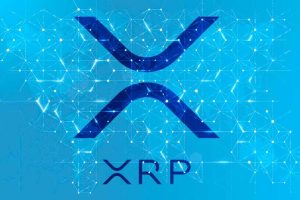In a heated X (formerly Twitter) debate about the future of blockchain scalability, Solana co-founder Raj Gokal expressed frustration with the slow progress of Ethereum’s scalability.
Scalability Concerns
The discussion started with a tweet from Helius Labs co-founder Mert Mumtaz, who highlighted the perceived lack of urgency in the Ethereum community regarding the blockchain’s scalability issues.
In his post, Mumtaz argued that while layer-2 (L2) solutions will eventually scale Ethereum, it will take too long and that users urgently need fast, secure, and decentralized applications. He presented Solana as the current best option for building such applications.
The Ethereum blockchain is known to have inherent scalability issues, which limits it to 30 transactions per second (TPS). The network congestion that arises from these limits always results in slower transactions and higher fees on the network. In contrast, Solana is touted as the most scalable L1 blockchain, processing over 65,000 TPS with lower costs.
Gokal Expresses Frustration at Ethereum Scaling Issues
In response, Gokal acknowledged the future promises of Ethereum’s scalability but emphasized the importance of action in the present.
“We really want to see ethereum actually scale, but many folks are not looking base decisions on future promises,” he said on X.
In his post, Gokal shared his experience from 2017 when he was told that Ethereum 2.0’s sharding upgrade would arrive in 2018-19 and that there was no point in developing another layer-1 (L1) blockchain.
Sharding is a critical feature in Ethereum 2.0 that aims to address Ethereum’s scalability issues. While Ethereum can only handle 30 TPS, sharding is expected to take the network’s throughput to 100,00 TPS.
Meanwhile, Gokal’s latest comments come as Solana outperforms Ethereum in several key metrics in recent months.
Earlier this month, Coinfomania reported that Solana-based decentralized exchanges (DEXes) handled around 70% of Ethereum’s 24-hour trading volume, amounting to $1.01 billion.










